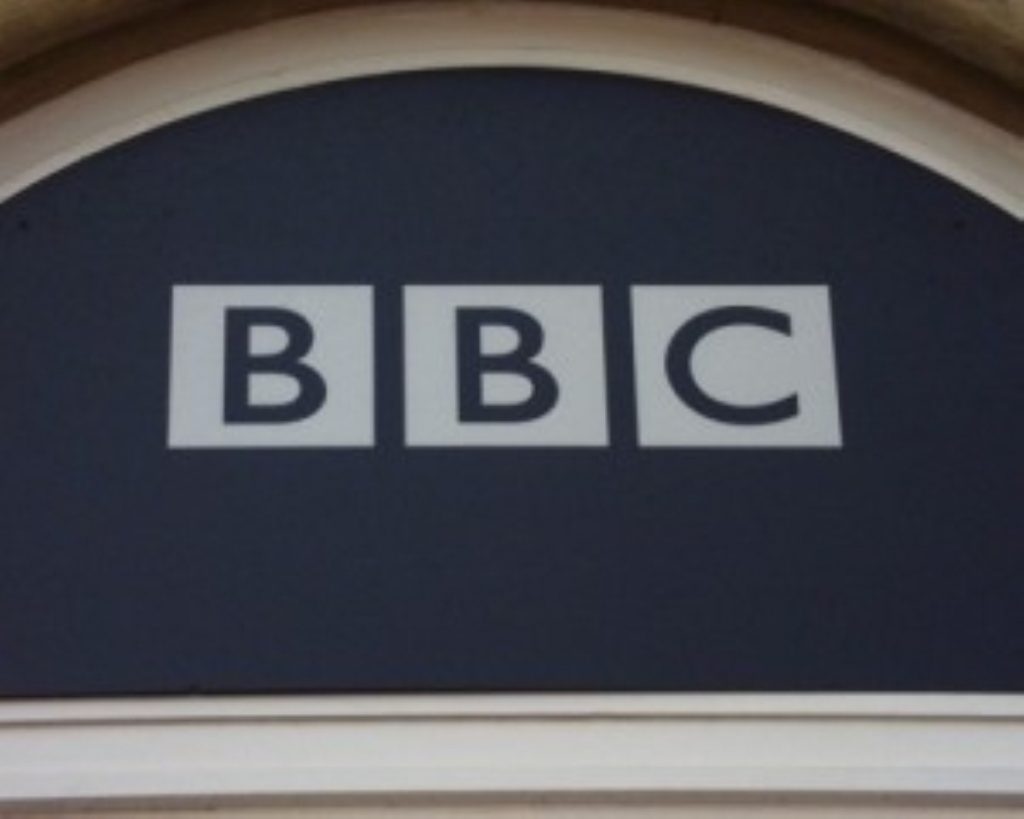BBC told to rein in commercial activities
By Jonathan Moore
The BBC’s reputation is being damaged by its commercial operations and needs to urgently curb them, a report concluded today.
A government committee criticised the actions of BBC Worldwide – the Corporation’s commercial arm – citing investment in production companies, its growing number of magazines and the controversial acquisition of Lonely Planet as particular negative examples of the organisation’s actions.
It said the direction taken by Worldwide was having an adverse effect on its commercial competitors and recommended it limits its activities to those directly in line with BBC core programming.


BBC Worldwide produces a substantial income from its operations which helps to reduce the burden of licence fee payers on creating BBC programming.
However, the committee was concerned the direction the organisation was going in following a loosening of its operating limits was making it aggressively commercial.
“We are in no doubt that the BBC should seek to obtain the maximum value from its brand and assets in order to reduce the pressure on the licence fee,” said committee chairman John Whittingdale.
“However, in many cases there is no reason why the BBC need undertake commercial activities itself and where it does there should be a clear link to BBC programming.
“There is a balance to be drawn between generating a return for the BBC and preventing damage to its commercial competitors.
“We believe that the balance has tipped too far in favour of BBC Worldwide’s expansion and we look to the BBC Trust to correct this.”
Concerns were raised about the policy of investing in production companies. The committee felt the BBC should invest in a wide range of independent companies rather than the few select ones it currently uses.
There were additional concerns that the increasingly commercial nature of Worldwide risked directing production away from the BBC’s public service remit.
In terms of competition, they were worried that because Worldwide gets first refusal over BBC programming, products were being undersold to the detriment of licence fee payers.
It was highly critical of the BBC’s acquisition of Lonely Planet and of its commercial websites which it saw as being in direct competition with commercial companies.
It also suggested magazine output was limited to BBC programming to ensure it didn’t have an adverse impact on the commercial publishing market.
“The Committee is right to have raised concerns over BBC Worldwide,” said Liberal Democrat media spokesman Don Foster.
“While it has been a tremendous success so far, the BBC Trust must make sure it maximises value for licence fee payers without damaging opportunities for other broadcasters.”
Mr Foster was critical of the committee’s recommendation to prop up Channel 4 using licence fee money.
He suggested a partnership between Worldwide and other public service broadcasters would be a preferable solution.
He said: “Robbing Peter to pay Paul is a recipe for disaster.”
Channel 4 currently suffers from a funding gap of £150million and it had been suggested a partnership between Worldwide and Channel 4 could help close it.
The Committee found, however, this would likely make Worldwide more aggressively commercial, noted that there was “no obvious synergy” between the two companies and pointed out that any arrangement would not come close to the £150million needed.
It recommended the shortfall should instead be made up with a proportion of the licence fee.

